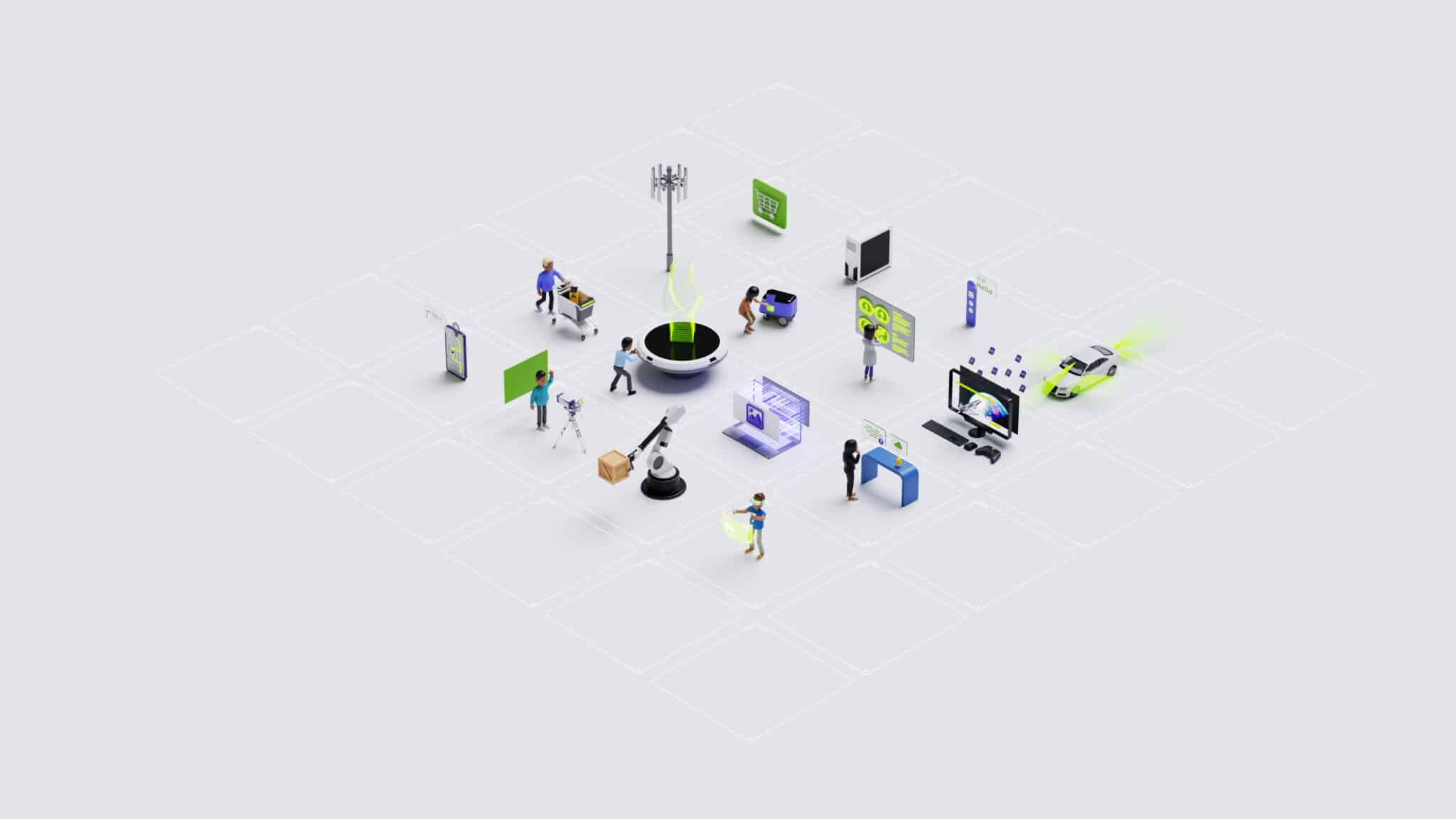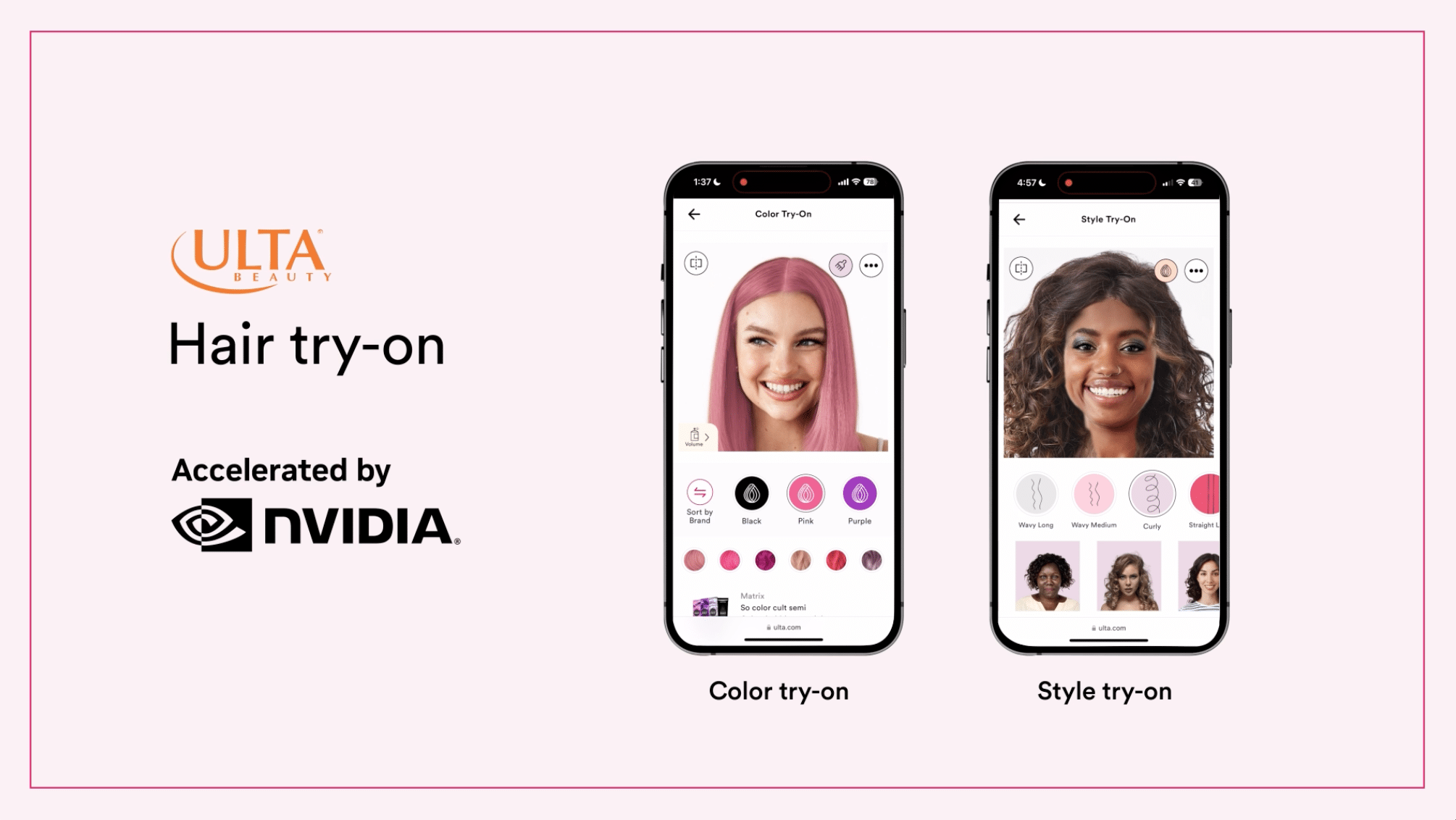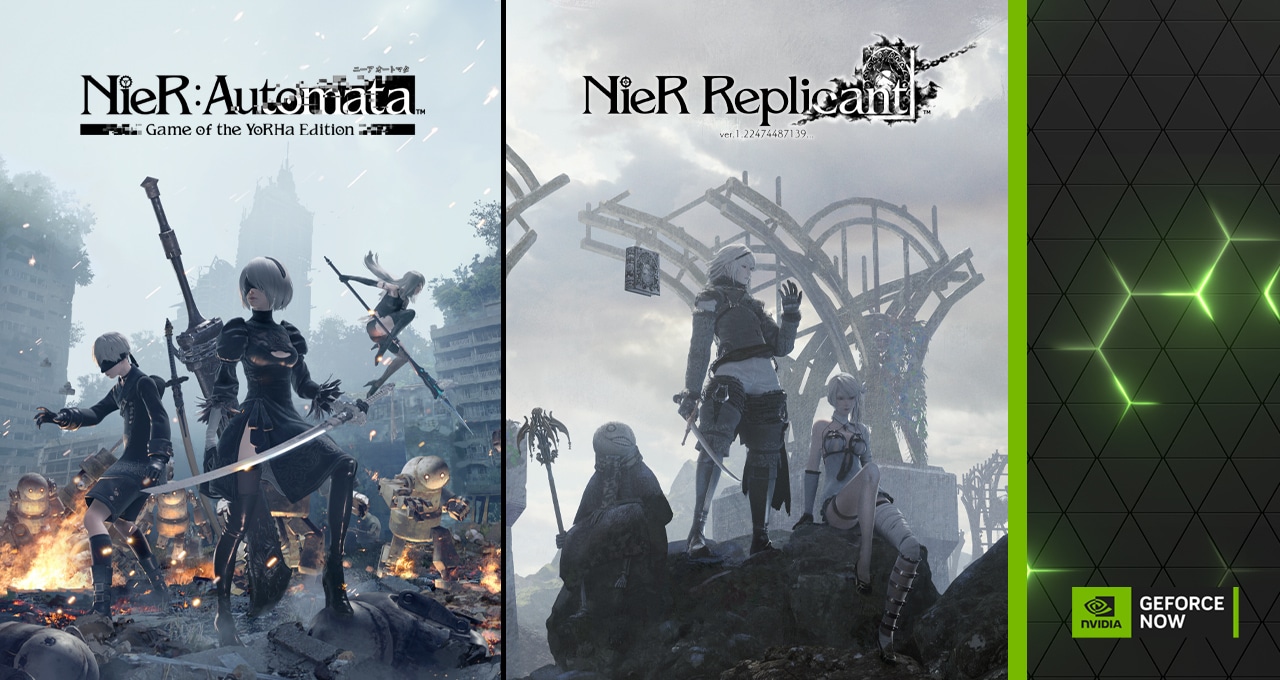
India is becoming a key producer of AI for virtually every industry — powered by thousands of startups that are serving the country’s multilingual, multicultural population and scaling out to global users.
The country is one of the top six global economies leading generative AI adoption and has seen rapid growth in its startup and investor ecosystem, rocketing to more than 100,000 startups this year from under 500 in 2016.
More than 2,000 are part of NVIDIA Inception, a free program for startups designed to accelerate innovation and growth through technical training and tools, go-to-market support and opportunities to connect with venture capitalists through the Inception VC Alliance.
At the NVIDIA AI Summit, taking place in Mumbai through Oct. 25, around 50 India-based startups are sharing AI innovations delivering impact in fields such as customer service, sports media, healthcare and robotics. These Inception members will be showcasing their solutions onsite in the Startup Pavilion, in panel discussions and in a startup pitch session. Startups can also attend a reverse pitch session where venture capital firms share their vision for the next wave of innovation.
Conversational AI for Indian Railway Customers
Bengaluru-based startup CoRover.ai already has over a billion users of its LLM-based conversational AI platform, which includes text, audio and video-based agents.
“The support of NVIDIA Inception is helping us advance our work to automate conversational AI use cases with domain-specific large language models,” said Ankush Sabharwal, CEO of CoRover. “NVIDIA AI technology enables us to deliver enterprise-grade virtual assistants that support 1.3 billion users in over 100 languages.”
CoRover’s AI platform powers chatbots and customer service applications for major private and public sector customers, such as the Indian Railway Catering and Tourism Corporation, the official provider of online tickets, drinking water and food for India’s railways stations and trains.
Dubbed AskDISHA, after the Sanskrit word for direction, the IRCTC’s multimodal chatbot handles more than 150,000 user queries daily, and has facilitated over 10 billion interactions for more than 175 million passengers to date. It assists customers with tasks such as booking or canceling train tickets, changing boarding stations, requesting refunds, and checking the status of their booking in languages including English, Hindi, Gujarati and Hinglish — a mix of Hindi and English.
The deployment of AskDISHA has resulted in a 70% improvement in IRCTC’s customer satisfaction rate and a 70% reduction in queries through other channels like social media, phone calls and emails.
CoRover’s modular AI tools were developed using NVIDIA NeMo, an end-to-end, cloud-native framework and suite of microservices for developing generative AI. They run on NVIDIA GPUs in the cloud, enabling CoRover to automatically scale up compute resources during peak usage — such as the moment train tickets are released.
Watch CoRover’s session live at the AI Summit or on demand, and learn more about Indian businesses building multilingual language models with NeMo.
Powering the Future of Sports Media
VideoVerse, founded in Mumbai with offices in six countries, has built a family of AI models to support content creation in the sports media industry — enabling global customers including the Indian Premier League for cricket, the Vietnam Basketball Association and the Mountain West Conference for American college football to generate game highlights up to 15x faster and boost viewership.
“Short-form video highlights that can be easily shared on social media can also help lesser-known sports gain audience attention and grow their fanbases,” said VideoVerse CEO Vinayak Shrivastav. “AI-assisted content creation makes it feasible for emerging sports like longball and kabbadi to raise awareness with a limited marketing budget.”
VideoVerse’s enterprise solution, called Magnifi, uses AI technologies such as vision analysis, natural language processing and optical character recognition to streamline editing workflows by detecting players, identifying key moments and tracking ball movement across multiple camera angles. Magnifi also adjusts video sizes automatically for horizontal and vertical formats across laptops, tablets and phones, ensuring the primary action remains centered in the frame.
VideoVerse uses NVIDIA CUDA libraries to accelerate AI models for image and video understanding, automatic speech recognition and natural language understanding. The company runs its custom AI models on NVIDIA Tensor Core GPUs for inference.
Watch VideoVerse’s session live at the AI Summit or on demand.
Rewriting the Narrative of Enterprise Efficiency
Mumbai-based startup Fluid AI offers generative AI chatbots, voice calling bots and a range of application programming interfaces to boost enterprise efficiency. Its AI tools can access an organization’s knowledge base to provide teams with insights, reports and ideas — or to help accurately answer questions.
Fluid AI’s chatbots can be applied in customer service to increase agent productivity and reduce response times, generating accurate outputs in real time. Or, organizations can choose to deploy them with sales and customer-facing teams, using them for tasks like creating slide decks in under 15 seconds.
Fluid AI taps NVIDIA NIM microservices, the NVIDIA NeMo platform and the NVIDIA TensorRT inference engine to deliver a complete, scalable platform for developing custom generative AI for its customers.
The company is also exploring the use of NVIDIA Riva microservices to develop a voice experience for its chatbots that will help significantly reduce latency and offer higher-fidelity experiences. Its AI models run on NVIDIA GPUs in the cloud.
“Our work with NVIDIA has been invaluable — the low latency and high fidelity that we offer on AI-powered voice calls come from the innovation that NVIDIA technology allows us to achieve,” said Abhinav Aggarwal, founder of Fluid AI.
Watch Fluid AI’s session live at the AI summit or on demand.
Providing Data Work to Bridge the Digital Divide
Karya, based in Bengaluru, is a smartphone-based digital work platform that enables members of low-income and marginalized communities across India to earn supplemental income by completing language-based tasks that support the development of multilingual AI models.
Nearly 100,000 Karya workers are recording voice samples, transcribing audio or checking the accuracy of AI-generated sentences in their native languages, earning nearly 20x India’s minimum wage for their work. Karya also provides royalties to all contributors each time its datasets are sold to AI developers.
“By fairly compensating these communities for their digital work, we are able to boost their quality of life while supporting the creation of multilingual AI tools they’ll be able to use in the future,” said Manu Chopra, CEO of Karya.
Karya’s work helps enterprises accelerate the data design and collection process, enabling the creation of deployable AI solutions that cater to non-English speakers in India. The company will use NVIDIA NeMo and NVIDIA NIM to build its AI platform, which offers custom AI model training and pretrained models tailored to customers’ business needs.
Businesses and research centers can purchase the datasets Karya collects to train diverse, multilingual AI models. For example, Karya is working with the Bill and Melinda Gates Foundation to build the largest gender-intentional, open-source AI dataset in Indic languages yet. Karya is employing over 30,000 low-income women participants across six language groups in India to help create the dataset, which will support the creation of diverse AI applications across agriculture, healthcare and banking.
Watch Karya’s session live at the AI Summit or on demand.
For more from the AI Summit, watch NVIDIA founder and CEO Jensen Huang’s fireside chat with Mukesh Ambani, chairman and managing director of Reliance Industries.
Blog Article: Here






